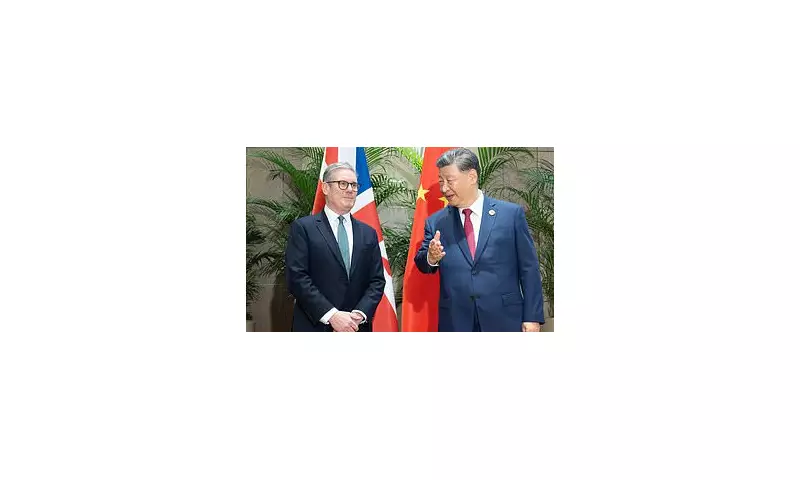
Labour's election manifesto is facing intense security scrutiny following revelations that a suspect in a high-profile China espionage case was intercepted at Heathrow Airport carrying £4,000 in cash, raising serious questions about foreign influence in British politics.
Heathrow Interception Raises Alarm
The dramatic development emerged during the ongoing trial of parliamentary researcher Christopher Cash and academic Christopher Berry, both accused of spying for China. The court heard how Cash was stopped at Heathrow while attempting to leave the country, with authorities discovering the substantial cash sum in his possession.
This interception occurred as Labour was finalising its election manifesto, documents that typically outline a party's key policies and strategic direction for government. The timing and circumstances have sparked concerns among security experts about potential vulnerabilities in the political system.
Espionage Case Details
Christopher Cash, 29, and Christopher Berry, 32, stand accused of committing offences under the Official Secrets Act between December 2021 and February 2023. Both defendants have denied the charges against them.
The prosecution alleges that the two men engaged in activities aimed at assisting the Chinese state, with the Heathrow incident representing a crucial piece of evidence in the case. The substantial cash discovery has prompted questions about funding sources and potential foreign influence operations.
Political Fallout and Security Concerns
The revelation has sent shockwaves through Westminster, with security analysts expressing concern about the potential compromise of sensitive political information. The connection between a major espionage case and the development of key political documents has raised eyebrows across party lines.
Security sources have indicated that the incident highlights growing concerns about foreign state interference in British democratic processes, particularly during election periods when parties are most vulnerable to external influence.
Broader Implications for UK Politics
This case emerges against a backdrop of increasing government focus on foreign interference threats. Recent legislation has sought to strengthen the UK's defences against state-level espionage, but this incident suggests potential gaps remain.
The timing is particularly sensitive given the upcoming general election, with all major parties now reviewing their security protocols regarding manifesto development and candidate selection processes.
As the trial continues at the Old Bailey, political leaders and security officials are closely monitoring developments, aware that the outcome could have significant implications for how Britain protects its democratic institutions from foreign interference.





